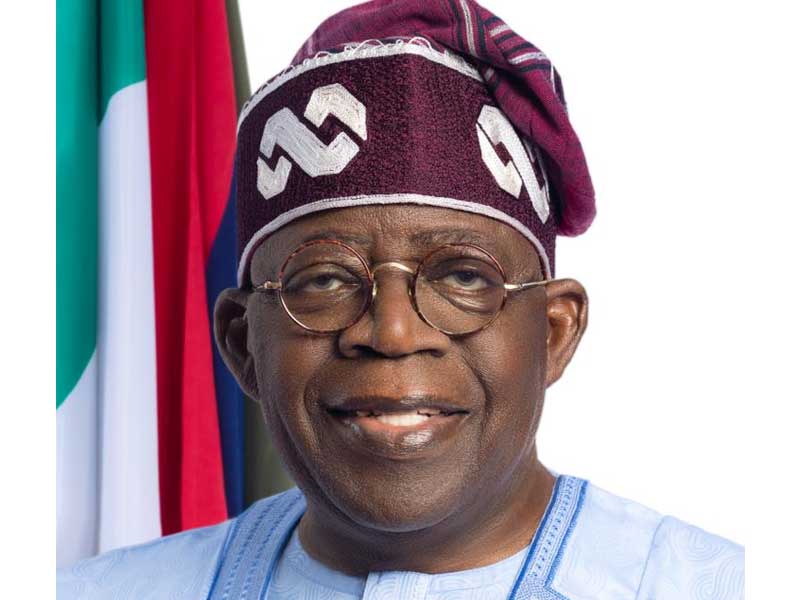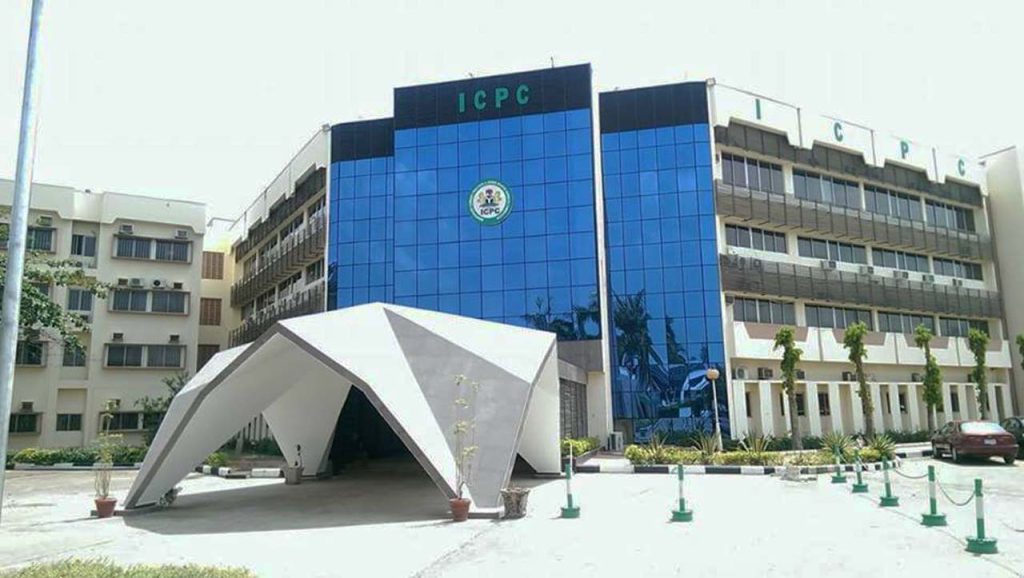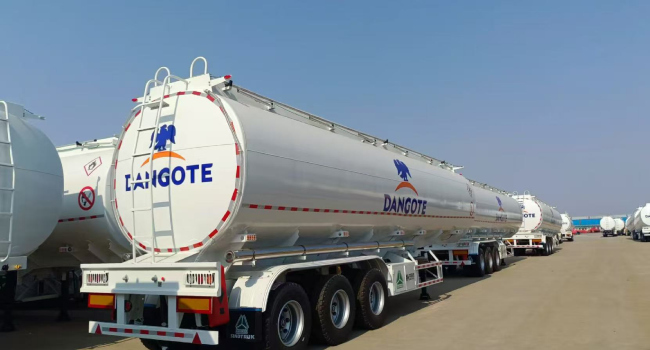Tunisia will hold a presidential election on October 6, as confirmed by President Kais Saied’s office on Tuesday. It remains uncertain whether Saied will seek a new five-year term after his initial election in 2019.
Saied, a constitutional expert, assumed full control of the nation in 2021, ruling by decree after ousting the prime minister and parliament, leading to the imprisonment of many opponents. In 2022, he implemented a new constitution through a referendum, establishing a presidential system with a parliament of limited powers.
A statement from Saied’s office on July 2, 2024, announced the summoning of voters for the upcoming presidential election scheduled for Sunday, October 6, 2024.
The political upheaval following Saied’s power consolidation has severely impacted Tunisia’s economy, with a 15 percent unemployment rate and approximately four million out of the country’s 12 million population living in poverty. Additionally, a media crackdown has led to the prosecution of over 60 journalists, lawyers, and political opponents, according to the National Union of Tunisian Journalists.
In May, Saied replaced the interior and social affairs ministers following a series of arrests targeting human rights activists, lawyers, and journalists. Efforts to secure a $2 billion loan from the International Monetary Fund have been stalled since the 2021 power seizure, as Saied has refused to implement the requested reforms.
However, in June, the European Investment Bank announced grants and loans totaling 450 million euros ($480 million) to support infrastructure projects and small to medium-sized enterprises.
The ongoing crisis has prompted thousands of Tunisians to embark on dangerous boat journeys across the Mediterranean in search of better opportunities in Europe.



